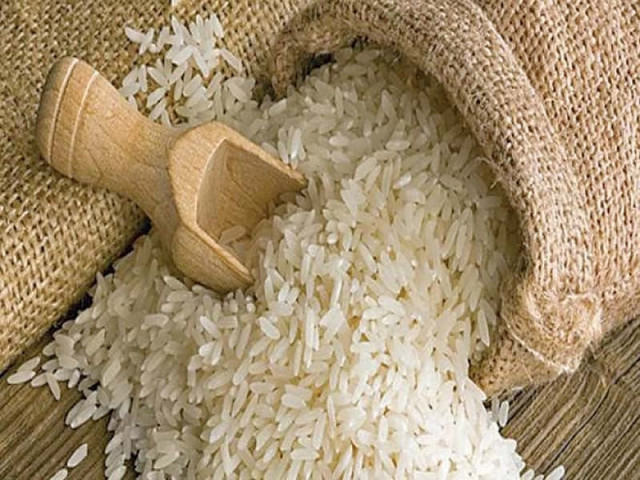Rice sector demands industry status
Businessmen say uplift will boost exports, increase overall production

The rice sector has emerged as a leading contributor to the national economy and must be granted the status of an industry, demanded the business community in Thursday.
Speaking to the Express Tribune, the Union of Small and Medium Enterprises (UNISAME) President Zulfikar Thaver urged the Small and Medium Enterprises Development Authority (SMEDA) under the Ministry of Industries and Production (MoI&P) to give the rice sector industry status based on its performance and contribution to the country’s economy.
“For many years, the sector has rightfully deserved a change in status but has not been acknowledged perhaps because there hasn’t been a strong enough demand placed upon the government by its stakeholders,” he observed.
“Millions of workers, including entrepreneurs from the Small and Medium Enterprises (SME) sector, are employed by the rice business. It is now a modernised sector that accounts for $2 billion in exports, with the volume increasing progressively, and the second largest foreign exchange earner in the country,” elaborated Thaver.
“The domestic consumption of rice is second to wheat – wheat is a staple crop but rice is now becoming a condiment or fast food also,” said the UNISAME president.
Vice President of the Sindh Abadghar Board (SAB), Mahmood Nawaz Shah told the Express Tribune that, “The increase of 700,000 acres of paddy in the last few years is not stellar expansion and was curbed primarily due to water inefficiency.”
The SAB vice president explained that exports are increasing as paddy cultivation in Punjab is increasing. Paddy cultivation in Sindh is only allowed in certain areas, whereas in Punjab, there are no such restrictions.
“Focus needs to be placed on increasing the yield and quality for which continuous research and development with respect to the seeds is the need of the hour,” he said.
Punjab based farmer Hamid Malik cited reports from the United States Department of Agriculture’s (USDA) Foreign Agricultural Service (FAS), he said, “Despite the floods, the rupee fluctuation and intense competition from India for cheaper rice, Pakistan will still manage to export over four million tonnes of rice during FY23, as compared to 4.8 million tonnes in FY22.”
“In value terms, Pakistan will be able to earn over $2 billion during FY2023, as compared to $2.510 billion,” he said, adding that “Pakistan’s rice production will be over eight million tonnes in FY2023, as compared to 8.9 million tonnes – with the overall production deficit only slightly above 20%.”
“We will have over four million tonnes exportable surplus of the commodity, even after taking into account the ever-increasing domestic consumption of 4.6 million tonnes this year. Our exporters should try to export as much as possible,” suggested Malik, adding that “Basmati exports, however, will be less than 700,000 tonnes, as compared to 750,517 tonnes in FY2022, with domestic prices skyrocketing.”
Agriculture analyst Abdullah Umer Khan Lodhi told the Express Tribune that this year estimates vary from source-to-source.
“Overall, if we were to consider even a 30% reduction in quantity of exports from Sindh, we will still be able to fetch $1.8-$2.0 billion from rice exports, as compared to $2.5 billion in FY2022.”
The Pakistan Standard Quality Control Authority has granted Pakistan Standardisation to its various varieties and types.
“The rice sector is blessed with Basmati rice, which is Pakistan’s heritage and the rice sector has sworn to preserve its originality and promote it with all their sincerity, dedication and love,” Thaver said, adding that, “This is also one of the reasons that the stakeholders of the rice sector hope for industry status. Rice merchants, by virtue of being the trustees and custodians of this heritage, are keen to see the sector upgraded,” concluded the UNISAME president.
Published in The Express Tribune, December 9th, 2022.
Like Business on Facebook, follow @TribuneBiz on Twitter to stay informed and join in the conversation.


















COMMENTS
Comments are moderated and generally will be posted if they are on-topic and not abusive.
For more information, please see our Comments FAQ